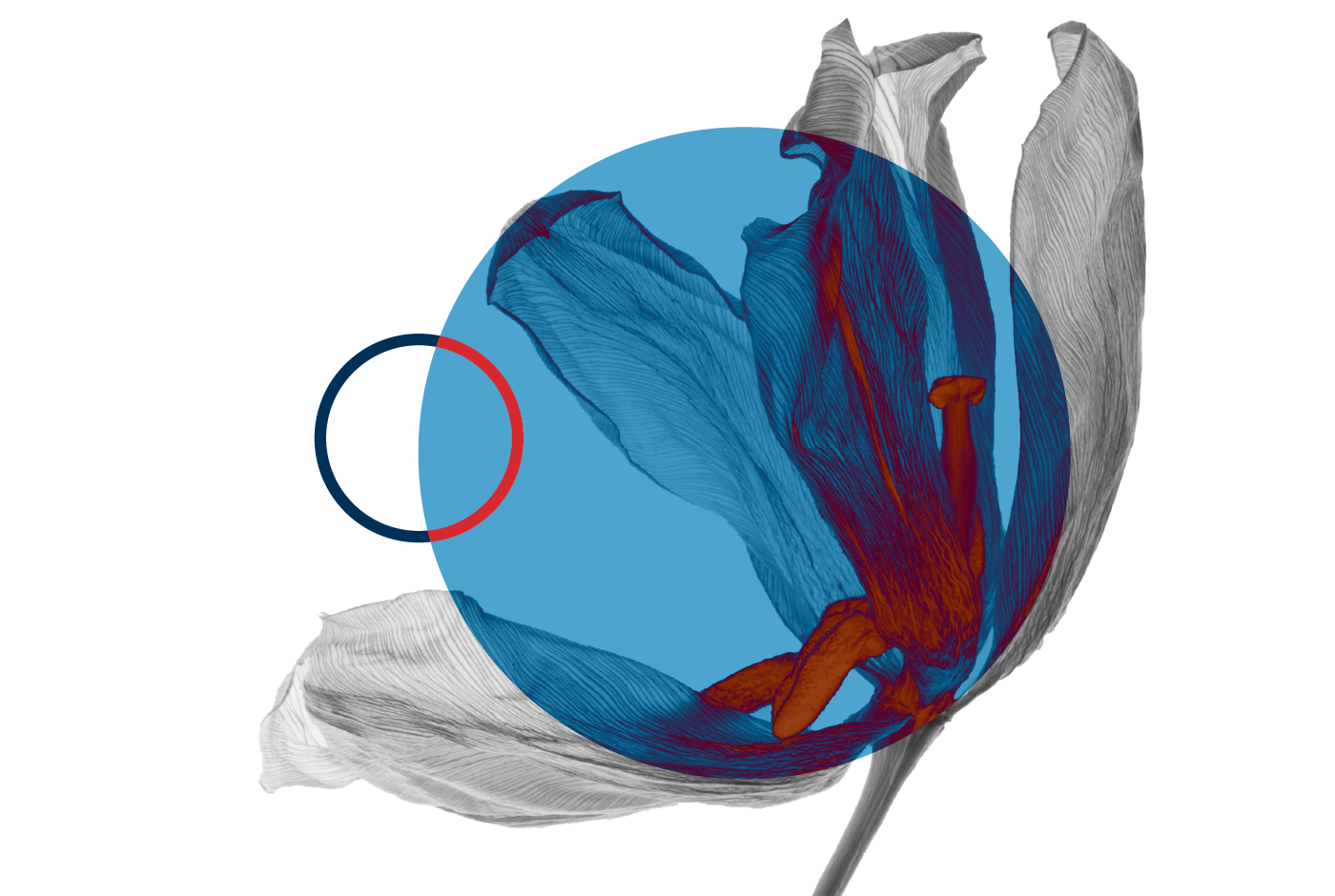Did you know? PET-CT is changing how we treat prostate cancer

When you’re facing prostate cancer, information is everything. Not just what the cancer is, but where it is, how far it’s spread, and what that means for treatment. Getting that level of clarity hasn’t always been easy. Conventional scans can miss small tumours, especially when prostate cancer spreads in subtle or unexpected ways.
That’s where PET-CT, more specifically PSMA PET-CT, is changing the game.
A different kind of scan for a different kind of cancer
Unlike many other cancers, prostate cancer doesn’t always show up clearly on standard PET-CT scans, which use a glucose-based tracer (FDG) to find active cells. That’s because prostate cancer often grows more slowly and doesn’t always take up glucose in a way that’s easy to detect.
So, scientists developed a more innovative approach: PSMA PET-CT.
PSMA stands for prostate-specific membrane antigen, which is a protein that lives on the surface of most prostate cancer cells. Using this protein as a target, specialists can inject a tracer designed to seek out and bind to PSMA. When combined with PET-CT imaging, the result is a highly detailed picture of where prostate cancer cells are active in the body, even if they’re tiny, deep in lymph nodes, or in areas that aren’t always as easily seen on other scans.
Used when it matters most
PSMA PET-CT isn’t used to diagnose prostate cancer; by the time this scan is considered, diagnosis has usually already happened through biopsy and PSA testing.
Instead, its strength lies in staging and treatment planning, especially in two key scenarios:
1. Staging high-risk or aggressive prostate cancer
When someone is newly diagnosed with high-risk prostate cancer, doctors need to know whether the cancer is still localised or has already spread. That information changes everything. Localised cancers may be treated with surgery or radiation alone. But if the cancer has already moved beyond the prostate, to lymph nodes, for example, treatment might include hormone therapy or other systemic options.
Because early signs of spread can be difficult to detect, PSMA PET-CT provides a more sensitive and specific way to map out the cancer’s true footprint, ensuring patients get tailored treatment from the outset.
2. Assessing recurrence
For many men, treatment brings their PSA levels down to near zero. This is a good sign. But when PSA starts to rise again, it’s often the first clue that the cancer may have returned.
In these moments, PSMA PET-CT can be invaluable. It can detect signs of recurrence even when PSA levels are still low, helping doctors locate the source of the recurrence and decide what to do next, whether that’s additional radiation, a change in therapy, or close monitoring.
Why it’s a game changer
One of the most complex parts of treating prostate cancer is dealing with uncertainty. Not knowing whether cancer has spread. Not being sure if it’s come back. Not being confident that your treatment plan is the right one.
PSMA PET-CT helps reduce that uncertainty. Here’s how:
- Provides highly accurate staging to inform more personalised treatment plans.
- Detects early signs of recurrence, enabling prompt intervention.
- Confirms whether the cancer has spread, supporting targeted treatment if it’s still localised.
- Identifies patients who may benefit from more aggressive care.
In other words, PSMA PET-CT adds another layer of clarity, giving your care team more detailed information to guide your treatment.
What it means for patients
Beyond the clinical benefits, this kind of clarity brings something deeply personal: reassurance.
For many men, prostate cancer can feel like a waiting game. Waiting for results, waiting for answers, waiting to see if treatment is working. PET-CT with PSMA doesn’t eliminate the challenges of prostate cancer, but it gives your doctors a sharper tool to guide your journey. And for patients, that can mean:
- Feeling more confident in the plan that’s been chosen.
- Feeling more informed about what’s happening in your body.
- Feeling more empowered to ask the right questions and understand the available options.
A new standard in prostate cancer care
PSMA PET-CT is gaining global recognition as a highly effective tool for staging and managing prostate cancer. In some countries, it’s already replacing conventional imaging for certain patients. And thanks to leading facilities like Life Healthcare, access to this advanced technology is steadily expanding in South Africa.
If you are navigating prostate cancer, it’s worth asking your specialist about the role of PSMA PET-CT in your care plan. When every detail counts, this scan could go a long way in ensuring you get the treatment that’s right for you.

